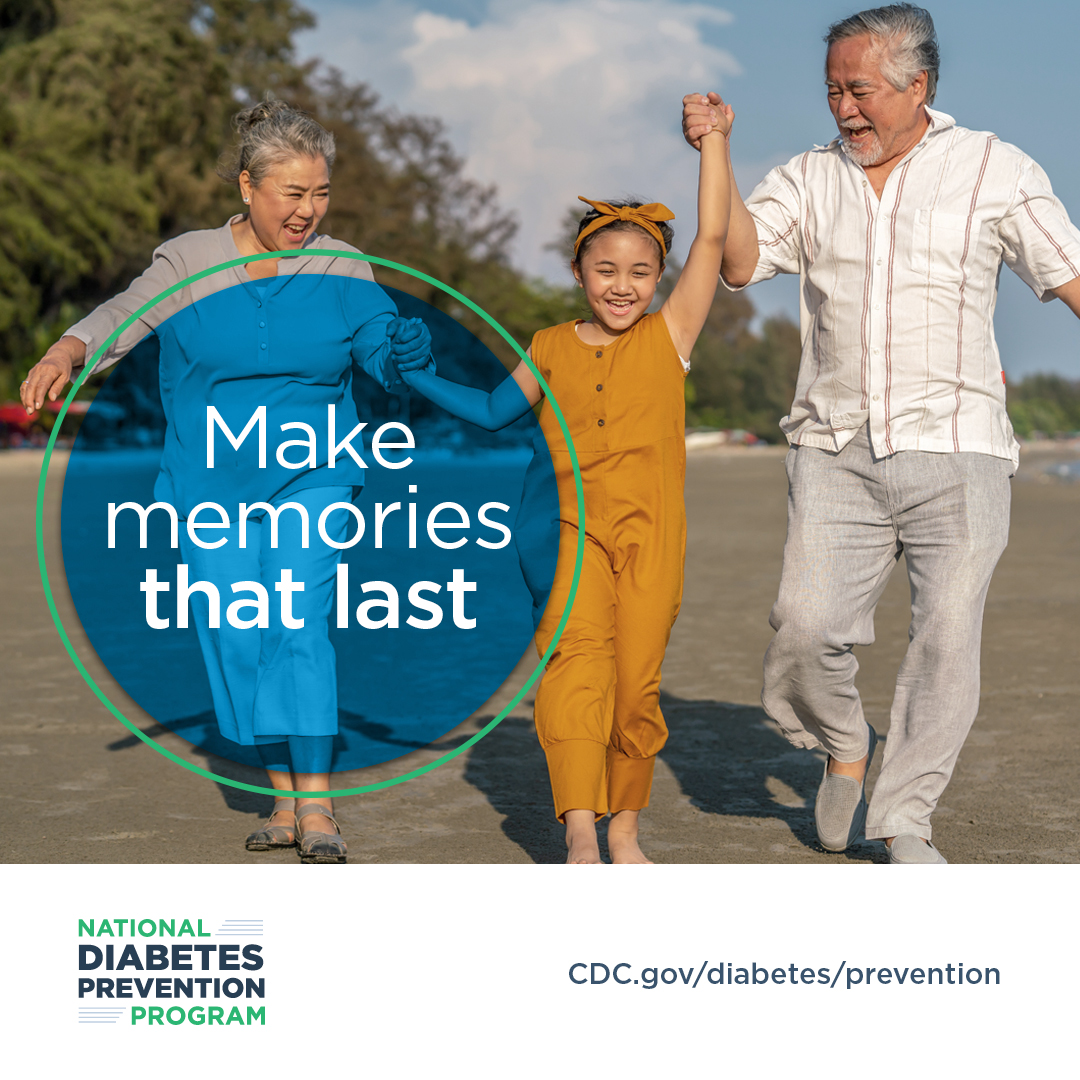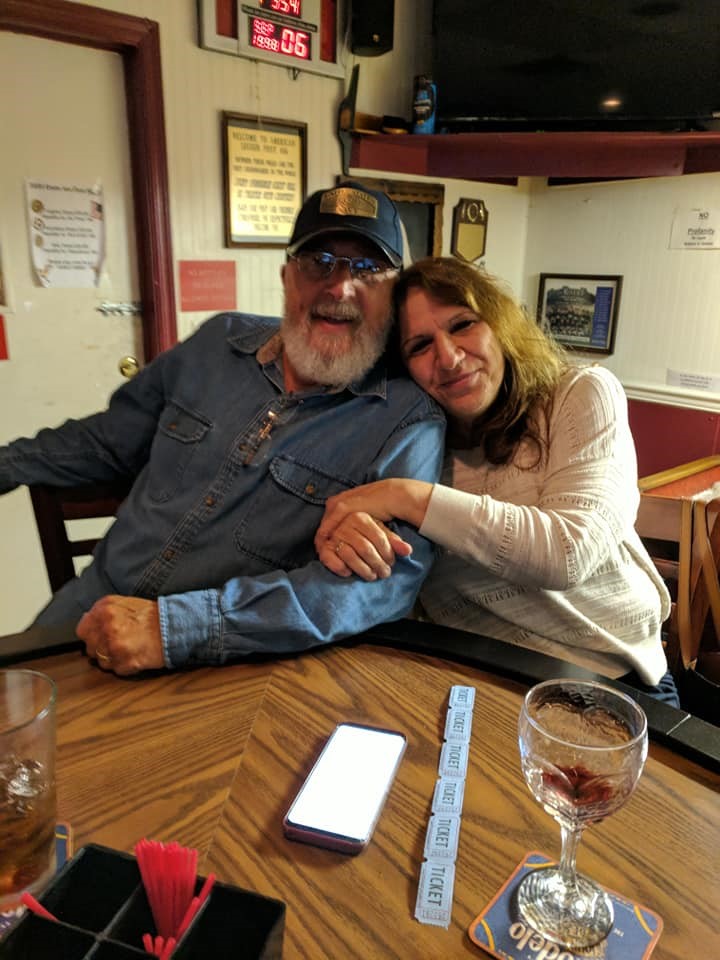 “There’s a phrase that I use when I talk about why people don’t want to find out if they have prediabetes,” says Joyce Aponte, a long-time advocate for diabetes awareness. “That’s FOFO – the fear of finding out. So many people, especially guys, just don’t want to know.”
“There’s a phrase that I use when I talk about why people don’t want to find out if they have prediabetes,” says Joyce Aponte, a long-time advocate for diabetes awareness. “That’s FOFO – the fear of finding out. So many people, especially guys, just don’t want to know.”
Joyce has seen firsthand how reluctant people can be. In fact, she faced that exact challenge with her husband, Jack.
Overcoming “FOFO”
A few years ago, Joyce and Jack were at a conference and saw a booth that offered prediabetes screenings. Prediabetes is when a person’s blood sugar levels are high, but not high enough yet for a type 2 diabetes diagnosis. Jack was hesitant to complete the screening — his FOFO almost kept him from taking action.
But Joyce – who lost her sister to type 1 diabetes and whose parents have type 2 diabetes – was persistent. “I’m not going to lose another family member to diabetes,” she told Jack. Jack’s parents also have type 2 diabetes, and because of Jack’s lifestyle as a truck driver and radio host, he didn’t get enough physical activity, and he was overweight. She worried that he would develop type 2 diabetes.
Joyce’s persistence paid off, and Jack realized how important it was to her that he take care of his health. So he took the 1-minute prediabetes risk test and found out he likely had prediabetes. To Joyce, there’s no downside to finding out if you have prediabetes. She thinks it’s a great opportunity to learn about your health and to begin making lifestyle changes that can prevent or delay type 2 diabetes – and even save your life.
Taking the Step Towards Better Health
Once Jack knew he likely had prediabetes, he signed up for the Centers for Disease Control and Prevention’s (CDC) National Diabetes Prevention Program (National DPP) lifestyle change program. He participated in the program through an app on his phone, and these days he takes better care of his health.
“We thought the program would be something that would interfere with our lives, but it wasn’t,” says Joyce. “From the first day he got on the scale, something changed. Something clicked.”
After joining the program, Jack lost 45 pounds and his cholesterol levels dropped so much that his doctor lowered the medication he was taking. He had successfully reduced his risk for developing type 2 diabetes.
So what does Joyce say to those who still have FOFO about taking the prediabetes risk test and joining the lifestyle change program?
“I say if there’s an opportunity to find out if you are at risk, just do it!”
Encouraging Others to Make a Change

Jack Aponte, a National Diabetes Prevention Program participant, and his wife, Joyce, a diabetes awareness advocate.
Now Jack and Joyce talk about their story on their shows, Renegade Radio Nashville and In the Cab Radio, and encourage others to take the prediabetes risk test. It only takes a minute and is available online at https://www.cdc.gov/prediabetes/risktest/index.html. The test asks simple questions such as how physically active you are and whether you have a family history of diabetes. You can also find out if you have prediabetes through in-person blood tests from your doctor.
For listeners suffering from FOFO, Jack and Joyce say it’s better to know about your health so that you can do something about it – like enrolling in the lifestyle change program.
“My husband tells them, ‘I went on the program. There’s no downside. Everything is positive about this,’” says Joyce.
If you find out you have prediabetes, learn more about Change Your Lifestyle. Change Your Life. (CYL2), part of the CDC’s National Diabetes Prevention program. At CYL2, participants learn ways to eat healthier and improve their overall health while connecting with others who share the same goals.
Visit https://www.thewellnesscoalition.org/cyl2/ to get more information today.
